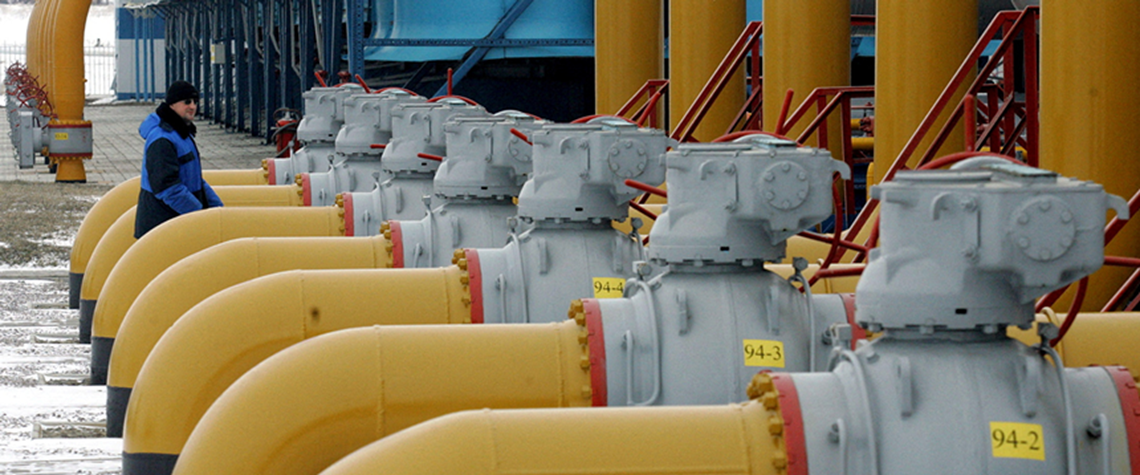Europe faces perilous year without Ukraine gas transit
The end of transit, though widely anticipated, leaves Europe paying a third more for gas than a year ago and greatly exposed to supply shocks
Europe’s gas market faces a difficult year, with the loss of Russian gas transit through Ukraine leaving it greatly exposed to any future potential supply disruptions, including via the last remaining route for Russian deliveries to Europe: TurkStream. Gas prices are at their highest level in a year and are not expected to see much decline in 2025. This translates into higher energy costs for the European economy, undermining efforts to bolster stagnating GDP and curb the trend of de-industrialisation seen over the past few years. The expected outcome That Russia and Ukraine would not renew their transit deal beyond 2024 was widely anticipated by the market, as evidenced by the steady climb

Also in this section
5 August 2025
After failed attempts to find a buyer for its stake in Russia’s largest oil producer, BP may be able to avoid the harsh treatment meted out to ExxonMobil and Shell when they exited—and could even restart operations if geopolitical conditions improve
1 August 2025
A number of companies have filed arbitration claims against Gazprom over non-deliveries of contracted gas or other matters—and won. The next step is to collect the award, but this is no easy task
1 August 2025
Europe’s refining sector is desperately trying to adapt to a shifting global energy landscape and nowhere is this more apparent than in its largest economy
1 August 2025
The Middle East natural gas playbook is being rewritten. The fuel source offers the region a pathway to a cleaner, sustainable and affordable means of local power, to fasttrack economic development and as a lucrative opportunity to better monetise its energy resources.








